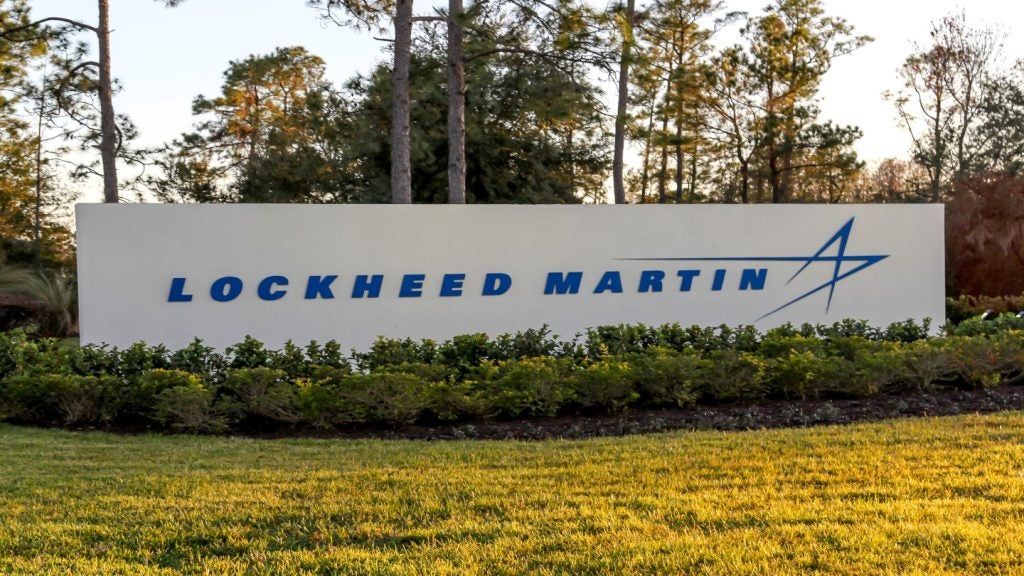Lockheed Martin has received an approval from the US Government Accountability Office (GAO) to start managing operations of the Department of Defense’s (DoD) worldwide data network, the Global Information Grid (GIG).
Awarded by the US Defense Information Systems Agency (DISA) in June, the $4.6bn Global Systems Management Operations (GSM-O) contract was withheld after the losing bidder, SAIC, protested the decision and accused the agency of conducting ‘unreasonable proposal evaluations’.
SAIC, which has managed the GSM-O contract since October 2001, claimed that Lockheed had unequal access to the contract information due to an organisational conflict of interest (OCI).
However, the claims were rejected by GAO citing the proposal as ‘reasonable and consistent with [the] solicitation’s evaluation criteria’, and asked Lockheed to move ahead with the contract.
Lockheed Martin Information Systems and Global Solutions-Defense president Gerry Fasano said the team was ready to start work with DISA for improving the speed and efficiency of information exchange between the commanders, allies and dismounted soldiers worldwide.
See Also:
"Our team has maintained a high-state of readiness to effect a smooth transition and an efficient, progressive path forward for the DISA," Fasano added.
How well do you really know your competitors?
Access the most comprehensive Company Profiles on the market, powered by GlobalData. Save hours of research. Gain competitive edge.

Thank you!
Your download email will arrive shortly
Not ready to buy yet? Download a free sample
We are confident about the unique quality of our Company Profiles. However, we want you to make the most beneficial decision for your business, so we offer a free sample that you can download by submitting the below form
By GlobalDataThe seven-year contract has an initial three-year performance period of $1.9bn, and includes two two-year options that bring the overall contract value to a maximum of $4.6bn.
Under the deal, Lockheed-led team will be responsible for network provisioning, operations, assurance and maintenance throughout the DoD’s network systems.
Led by Lockheed, the GSM-O team includes AT&T, ACS, Serco, BAE Systems, ManTech, as well as other specialised and small businesses.
Part of three DISA Global Systems Management contracts, the GSM-O offers programmatic, operations, engineering services, material, equipment and facilities to support lifecycle management of the GIG network.







